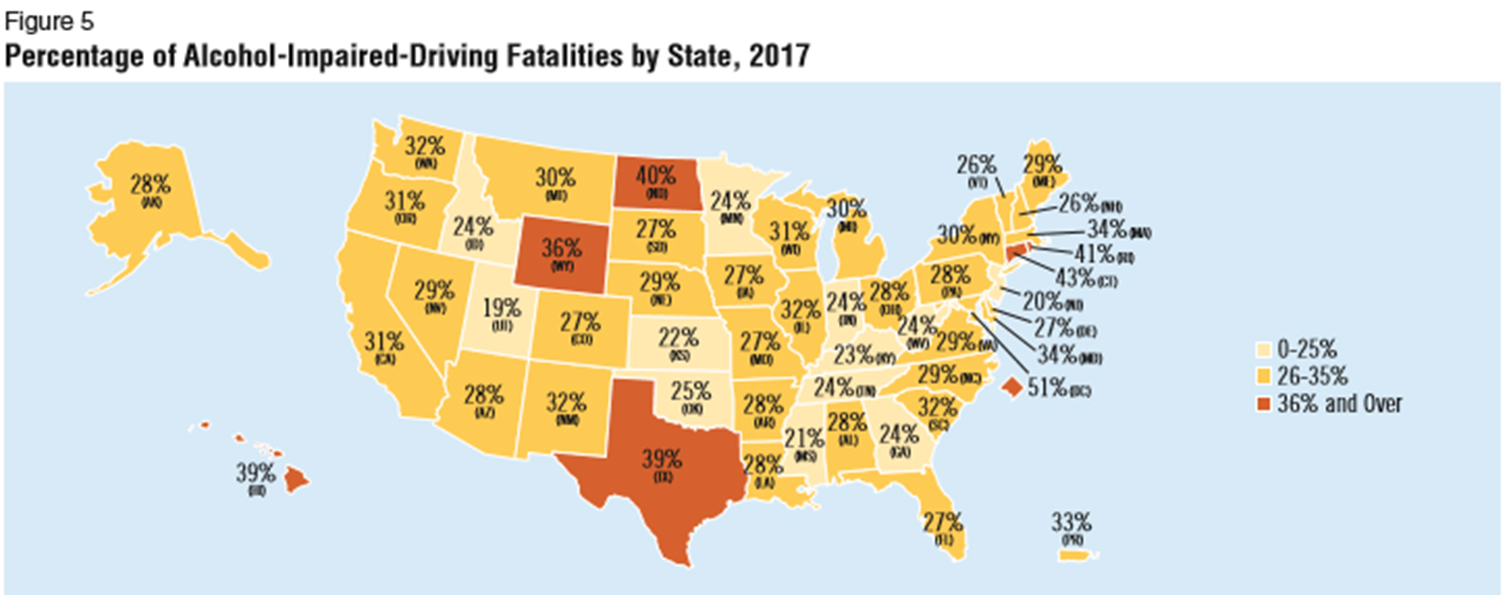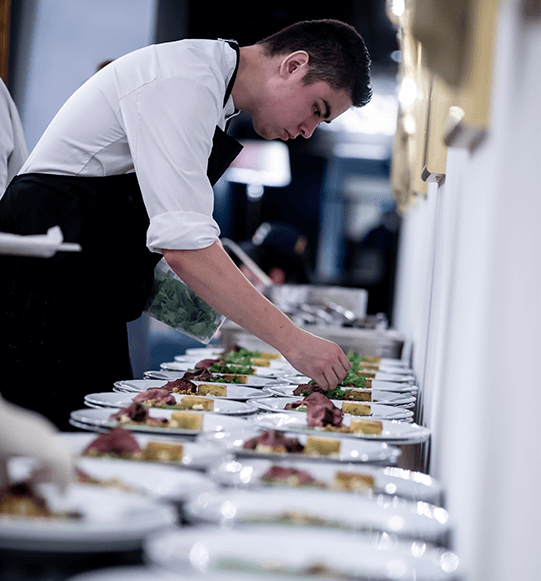Take Your Career Further with a food manager certification texas
Take Your Career Further with a food manager certification texas
Blog Article
Boost Your Work Opportunities: Why a Food Trainer Certificate Is a Must-Have in the Culinary Industry
In today's competitive culinary landscape, the importance of a food handler certification can not be overstated. As restaurants and food service facilities increasingly focus on licensed personnel, specialists geared up with this certification stand to obtain a considerable benefit.
Importance of Food Safety
In the cooking market, the relevance of food security can not be overemphasized. Ensuring the security of food is extremely important for shielding public health and wellness and maintaining consumer trust fund. Polluted food can result in significant health concerns, including foodborne diseases, which can impact people and bring about considerable responsibility for food establishments. As a result, carrying out strenuous food safety and security techniques is necessary for any type of cooking operation.
Food security incorporates a variety of procedures, consisting of correct food handling, storage space, cooking, and offering strategies. Sticking to these practices not just reduces the threat of contamination but additionally helps in complying with local health regulations. Appropriate training in food safety and security enables cooking specialists to identify possible risks and implement preventive steps properly.
Furthermore, a strong dedication to food security can enhance the track record of a culinary facility, fostering consumer commitment and organization development. Consumers are significantly knowledgeable about food safety problems, making it important for food trainers to demonstrate their adherence to ideal methods. Ultimately, focusing on food security is not just a regulative need; it is a basic aspect of supplying top quality food solution and protecting the health of consumers.

Qualification Requirements
Food security techniques are only as effective as the individuals applying them, making qualification an important step for food handlers in the cooking market. To acquire a Food Handler Certificate, prospects should typically complete a training program that covers crucial subjects such as foodborne health problems, cleanliness, personal health, and risk-free food dealing with strategies.
Many accreditation programs are designed to accommodate different learning designs, using options for online, in-person, or crossbreed formats. Individuals have to pass an exam to demonstrate their understanding of the product, with a minimal passing score usually established at 70%.
The period of training can vary, with some programs requiring only a few hours, while others might prolong over several days. After effectively finishing the course and test, candidates receive their qualification, which is generally legitimate for three to 5 years, depending on neighborhood policies.
Renewal commonly entails taking back the training course or completing a refresher program to make certain that food handlers stay updated on the most up to date techniques and requirements. Conformity with these qualification requirements not only enhances individual knowledge however additionally adds to the overall security and quality of food service procedures.
Work Market Need
How has the job market for food handlers progressed in current years? The need for food handlers has actually dramatically increased, mostly driven by the growing recognition of food security and hygiene amongst consumers and governing bodies. With the rise of foodborne diseases, dining establishments, providing solutions, and food manufacturing companies are prioritizing the hiring of certified food trainers to make certain compliance with wellness policies. This shift has brought about an increased emphasis on food safety and security training and qualification as requirements for work in the culinary industry.
Moreover, the broadening restaurant field, specifically with the emergence of food delivery solutions and food site web vehicles, has actually created a wealth of work opportunities for food trainers. The need for skilled workers who can safely prepare and deal with food has actually come to be extremely important. servsafe food handler certificate. Additionally, as cooking organizations embrace extra strict safety protocols, the worth of a food trainer certificate has actually increased, making it a vital property for work hunters
As an outcome, people entering the culinary workforce are discovering that acquiring a food handler certification not just boosts their employability however likewise positions them favorably in a competitive job market that increasingly prioritizes food security and hygiene criteria.
Benefits of Accreditation
Getting a food handler certificate offers various advantages that significantly boost a professional's standing in the cooking sector. Primarily, it demonstrates a commitment to food safety and hygiene, which is paramount in avoiding foodborne health problems. This qualification equips individuals with essential understanding relating to secure food handling techniques, consisting of appropriate storage space, cooking temperature levels, moved here and sanitation procedures
Additionally, possessing a food handler certificate can enhance a person's employability. Many companies prioritize candidates with this qualification, seeing it as an indicator of professionalism and proficiency. This can result in much better task chances and potentially higher incomes, as certified individuals are typically turned over with better obligations.
Additionally, the accreditation fosters a society of safety and security and responsibility within the office. It not only improves a staff member's self-confidence in their skills but likewise advertises a safer environment for consumers and coworkers alike. Keeping a food handler certificate can open doors to more educational and job development possibilities within the cooking field. Overall, this accreditation is a strategic investment that profits both specialists and the establishments they offer, ultimately adding to a successful culinary market.
Steps to Get Licensed
Acquiring a food handler certificate entails an uncomplicated procedure that can establish people on a path to improved occupation prospects in the culinary sector. The primary step is to discover a certified program or training provider that offers food security training courses. Numerous companies supply both in-person and online alternatives, permitting adaptability in understanding.

After effectively passing the exam, individuals will certainly get their food handler certification, which is often legitimate for a certain period, typically three to five years. To keep qualification, it might be required to complete correspondence course or retake the examination prior to the expiry date.
Lastly, it is very important to validate any kind of local or state-specific laws pertaining to food handler certification, as demands can differ. By following these steps, individuals can get their qualification and dramatically enhance their employability in the competitive culinary landscape.

Conclusion
Finally, acquiring a food handler certificate is essential in the cooking market, as it guarantees adherence to food security standards and boosts employability. With the growing need for certified employees, this credential not only opens up doors to work chances but likewise adds to job development and enhanced earning capacity. Eventually, a food handler certification symbolizes a dedication to safety and expertise, fostering a society of accountability that benefits both employees and employers in the food service market.
Report this page